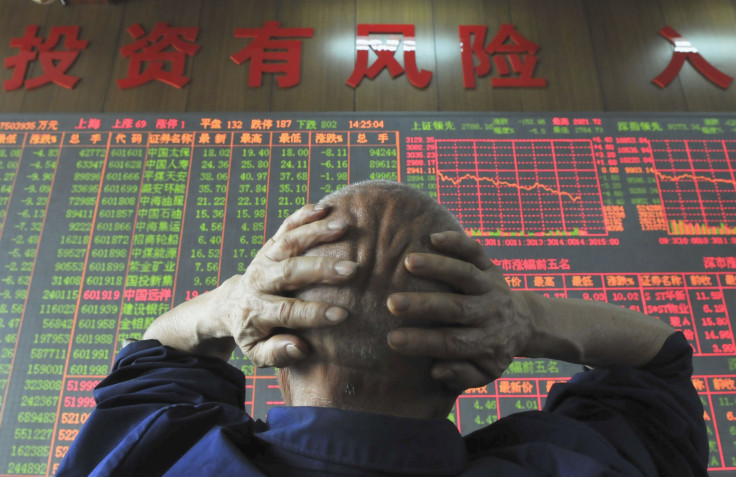Investors Don't Know What Red Flags To Look For: Study

It's well known that eager investors often fall prey to white collar crime. However, according to a new study published Monday, even experienced investors who take pains to remain vigilant about corporate fraud often miss vital red flags until it’s too late.
The study, to be published in the journal Review of Accounting Studies, surveyed 194 experienced non-professional investors about the measures they took to protect themselves against investment fraud. It found that investors who are concerned about fraud and assess such risk are more likely to be wary of cheating by companies, and get their information primarily from financial statements, rather than other sources like news reports.
"Individual investors get hurt if they own stock in fraudulent companies that cook the books, such as Enron," lead author Joe Brazel of North Carolina State University said, in a press release. "But we wanted to know how investors think about fraud and whether they try to protect themselves."
Most investors were on the lookout for major warning signs that a company may be involved in fraudulent activities, such as an investigation by the U.S. Securities and Exchange Commission (SEC) or a change in the company’s auditor. However, according to Brazel, by the time an SEC investigation is opened it might be too late and a company’s stock may have started its downward spiral.
"If you're waiting for an SEC investigation or a lawsuit before selling your shares, you're tracking the wrong red flags," Brazel said. "More sophisticated investors will likely have already sold their shares."
This is especially concerning because, the researchers found, most nonprofessional investors aren’t very diversified in their holdings, and own stock in only five to 10 companies at a time.
"That means these investors are more likely to get hurt if they hold shares in a fraudulent company," Brazel said.
The researchers also found that people who tracked earlier warning signs -- such as a high manager turnover rate -- tended to yield better returns than other investors.
"Our findings raise a new question," Brazel said. "If we care about the individual investor - then what can we do to get investors to pay attention to early red flags? One option is to make these red flags more transparent. For example, creating a website that tracks these early red flags for companies, so that they can be easily monitored."
© Copyright IBTimes 2024. All rights reserved.











